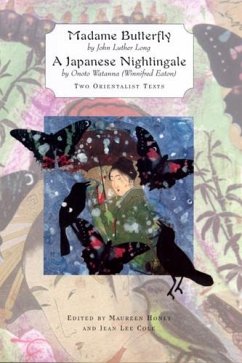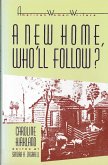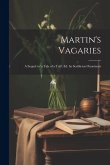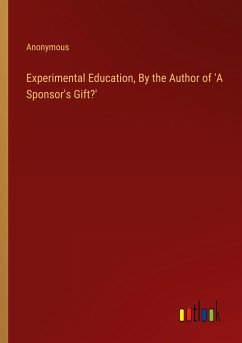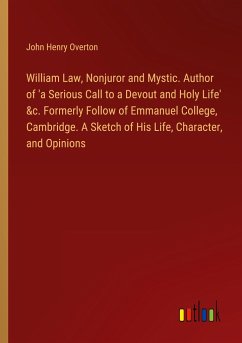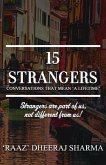Madame Butterfly (1898) and A Japanese Nightingale (1901) both appeared at the height of fin-de-siecle American fascination with Japanese culture, which was in part spurred by the Japanese exhibits on display at the 1893 Chicago World's Fair. These two novellas -- usually dismissed by literary critics and scholars because of their stereotypical treatment of Asian women -- are paired here together for the first time to show how they defined and redefined (often subversively) contemporary misconceptions of the "Orient." This is the first reprinting of A Japanese Nightingale since its 1901 appearance, when it propelled Winnifred Eaton to fame. John Luther Long's Madame Butterfly introduced American readers to the figure of the tragic geisha who falls in love with, and then is rejected by, a dashing American man. Although Long emphasized the insensitivity of Westerners in their dealings with Asian people, the self-annihilating, ever-faithful Cho-Cho-San typified Asian subservience and Western dominance in ways that audiences continue to find appealing even today. Eaton's A Japanese Nightingale, in contrast, has been long forgotten. Yet it provides present-day readers with a fascinating counterimage of the suicidal geisha: Eaton's heroine is powerful in her own right and is loved on her own terms. Eaton's novel is also significant for its hidden personal nature. Although she wrote under the Japanese pen name of Onoto Watanna, Eaton was half Chinese. Living in a society that was virulently anti-Chinese, she used a Japanese screen for her own problematic identity.
Hinweis: Dieser Artikel kann nur an eine deutsche Lieferadresse ausgeliefert werden.
Hinweis: Dieser Artikel kann nur an eine deutsche Lieferadresse ausgeliefert werden.

